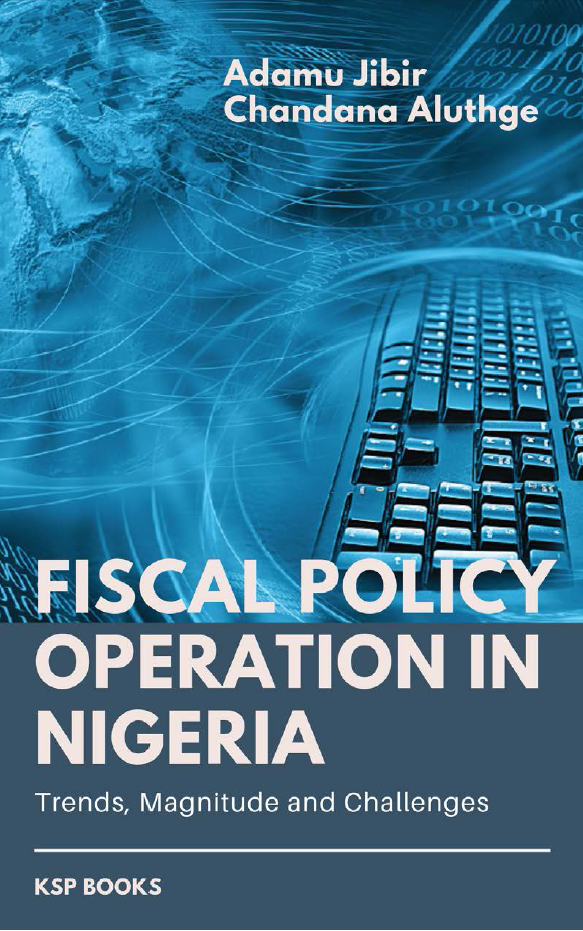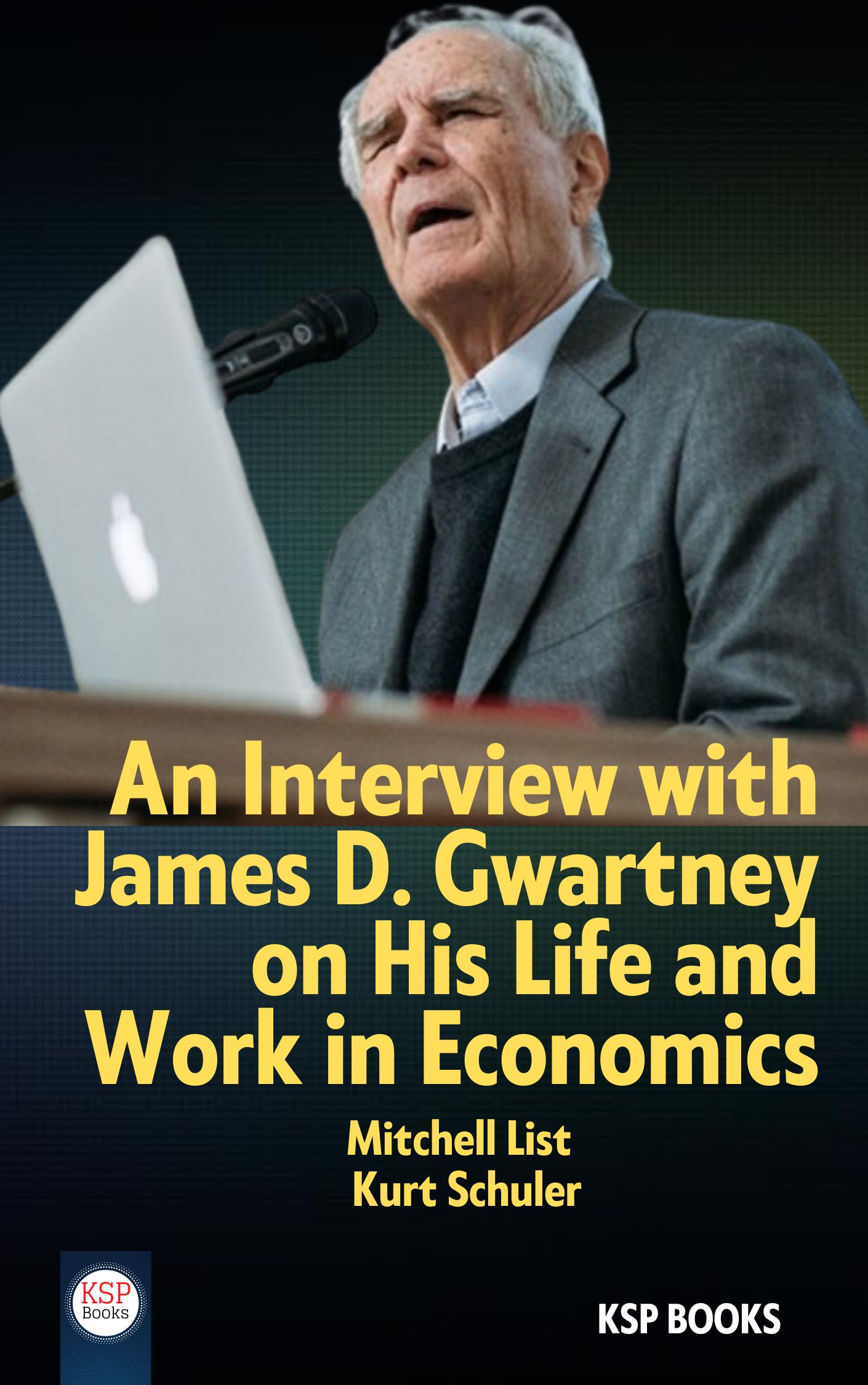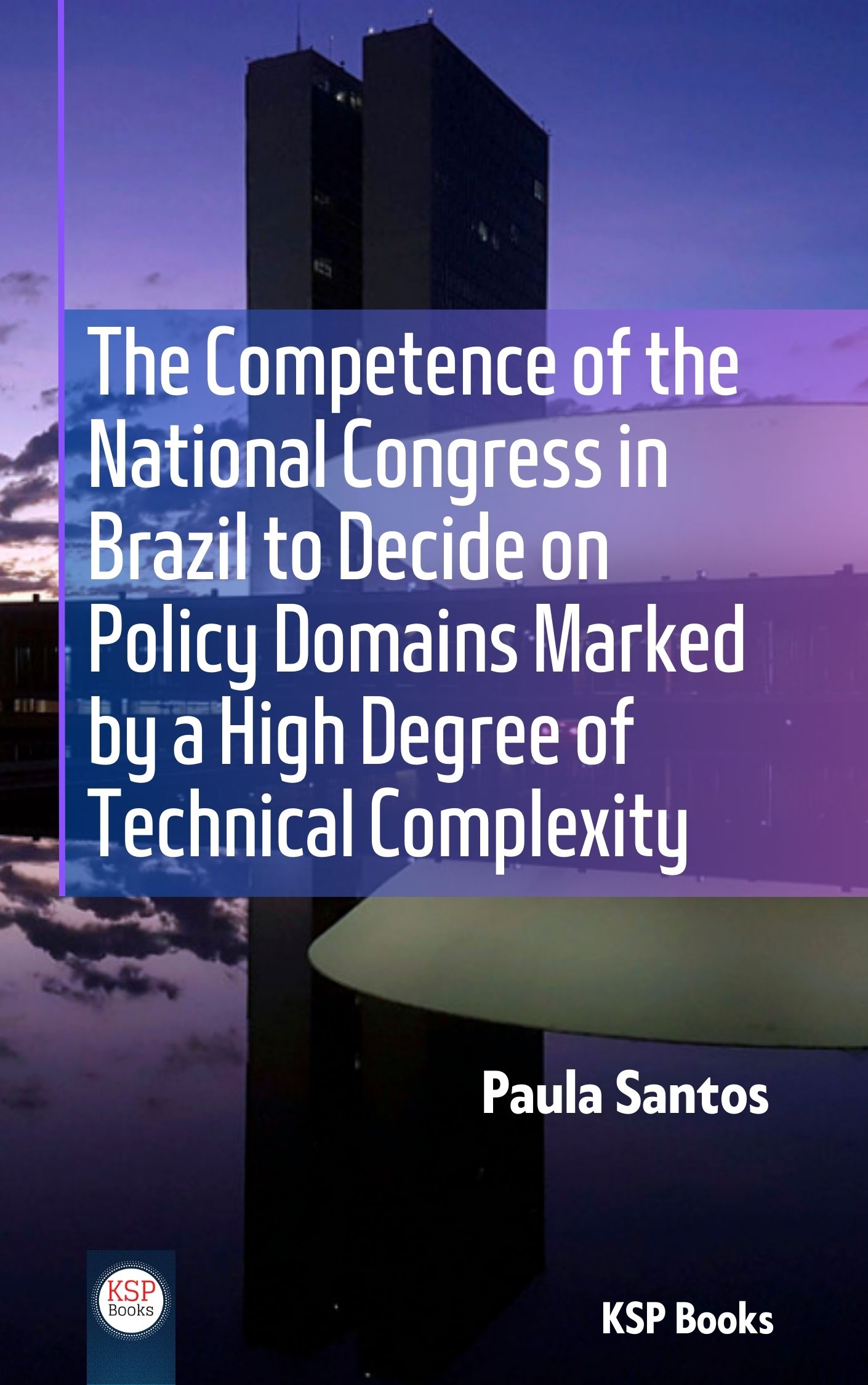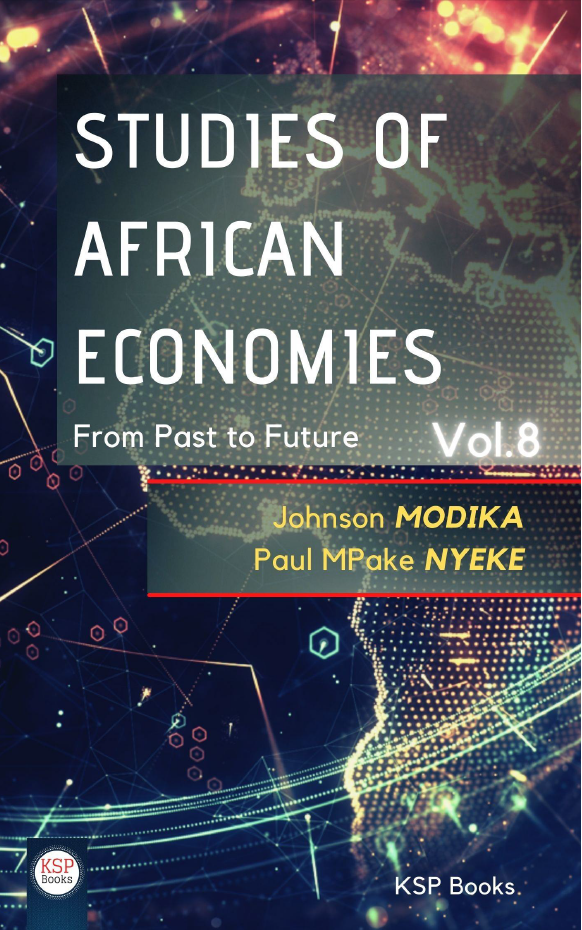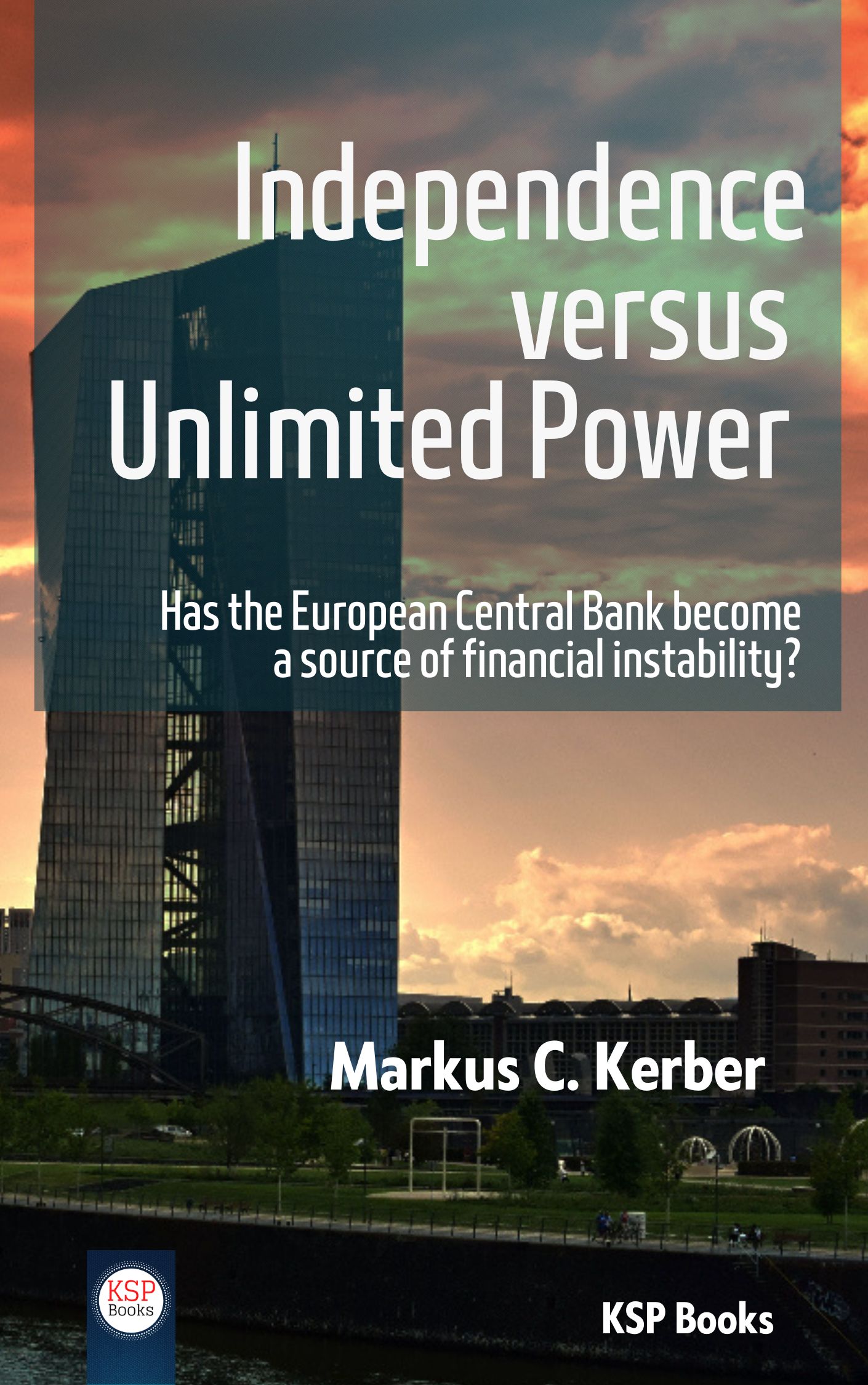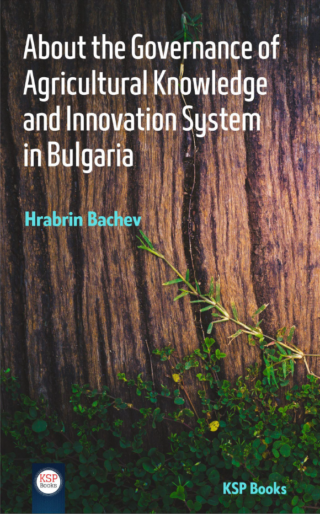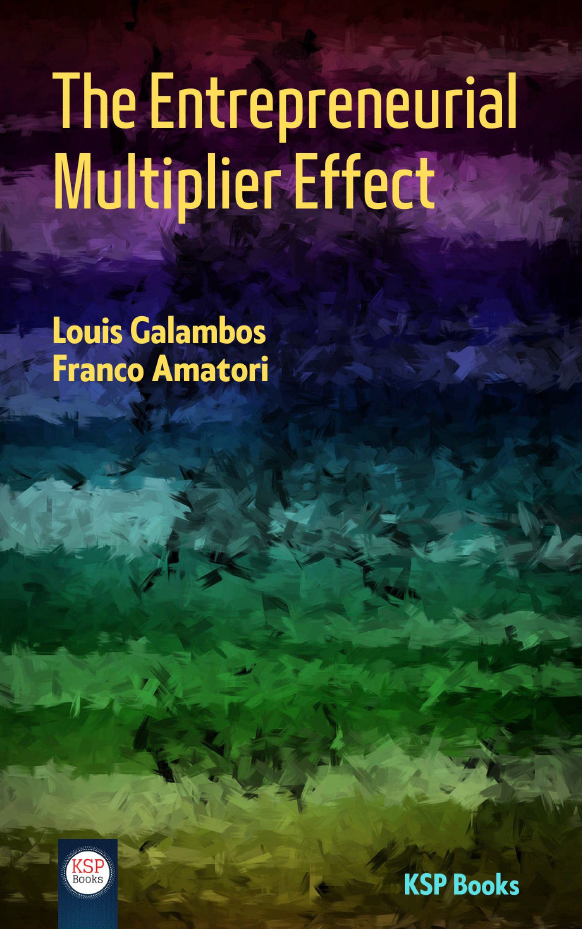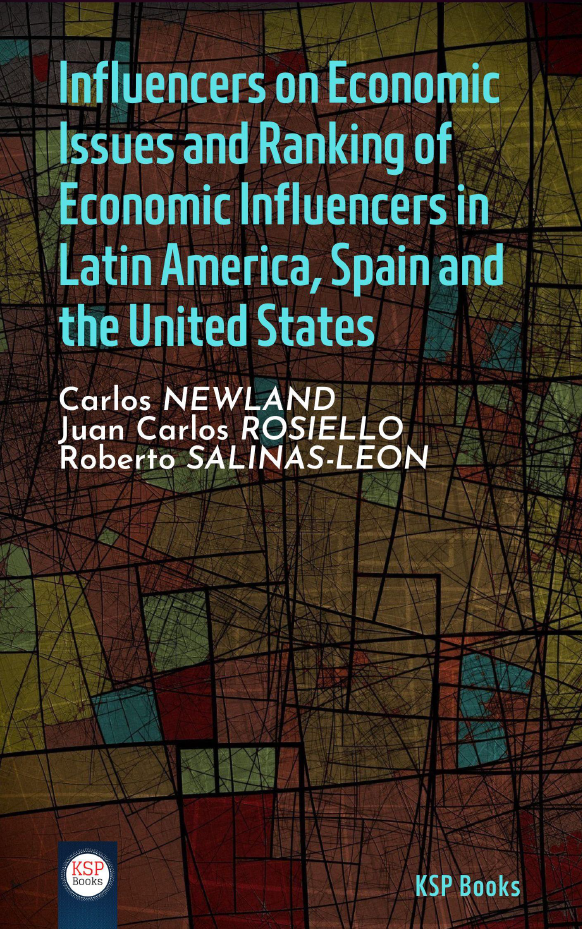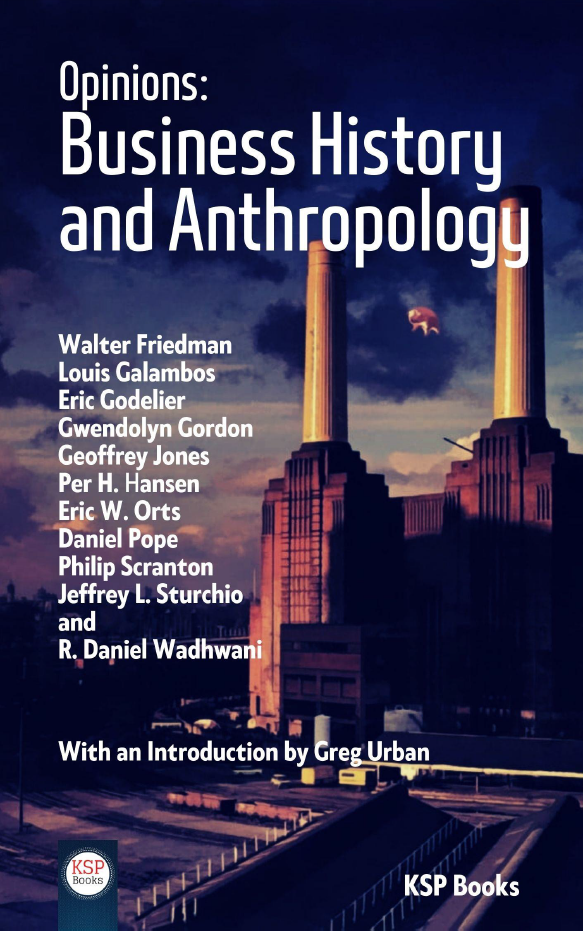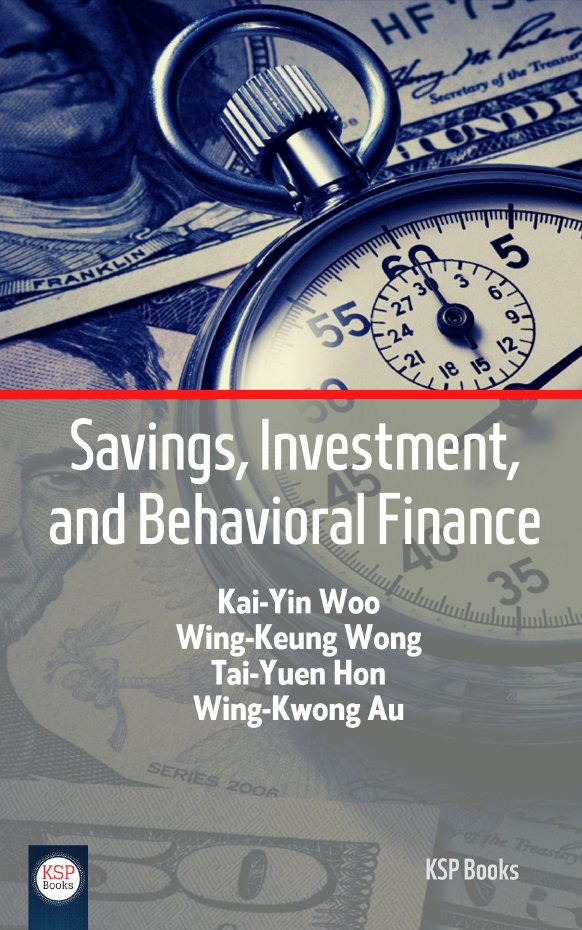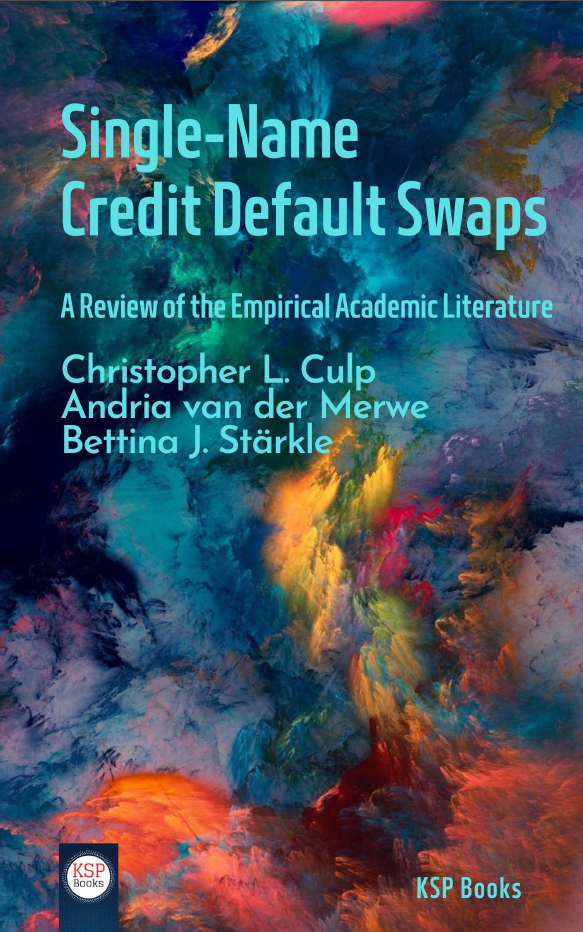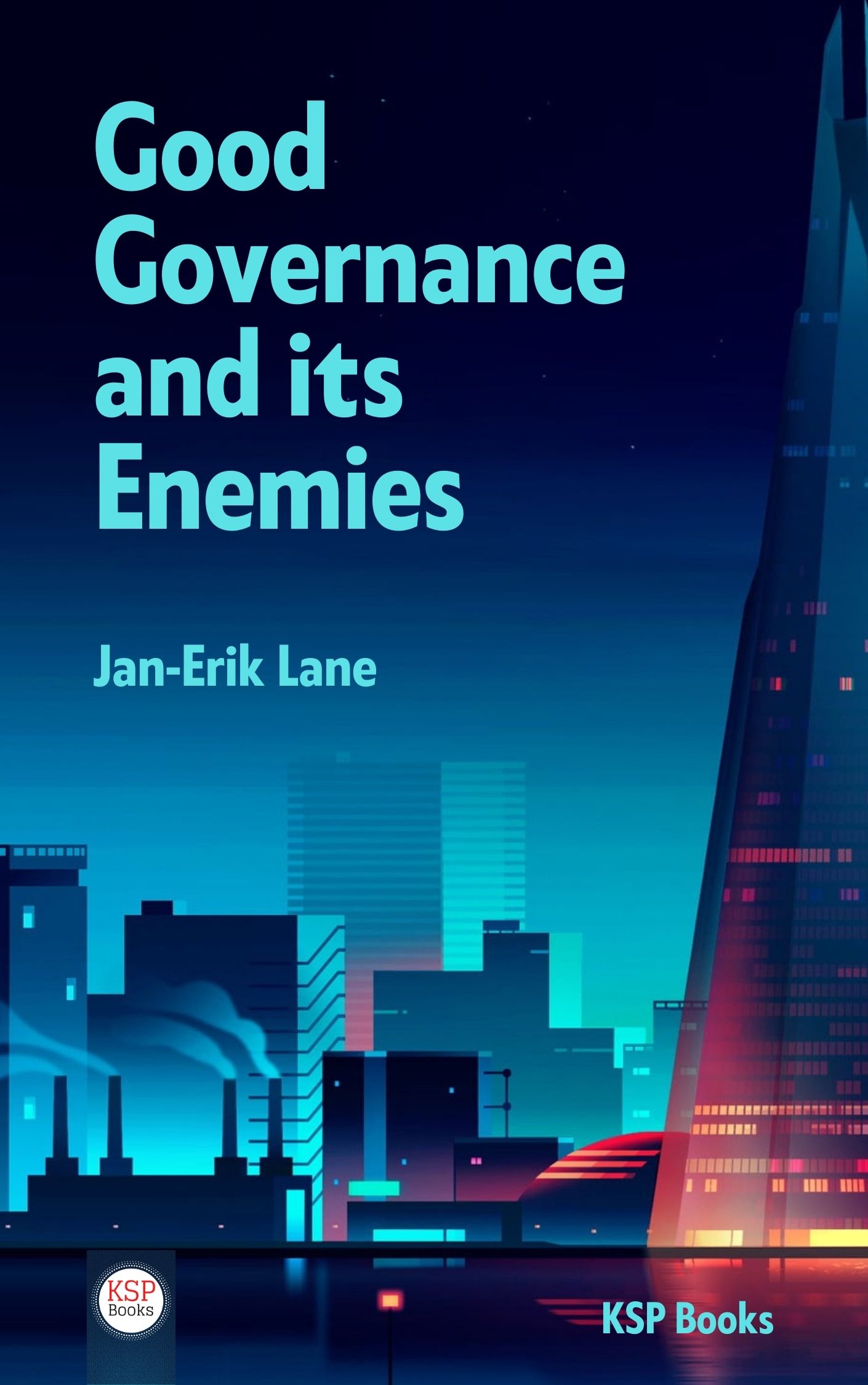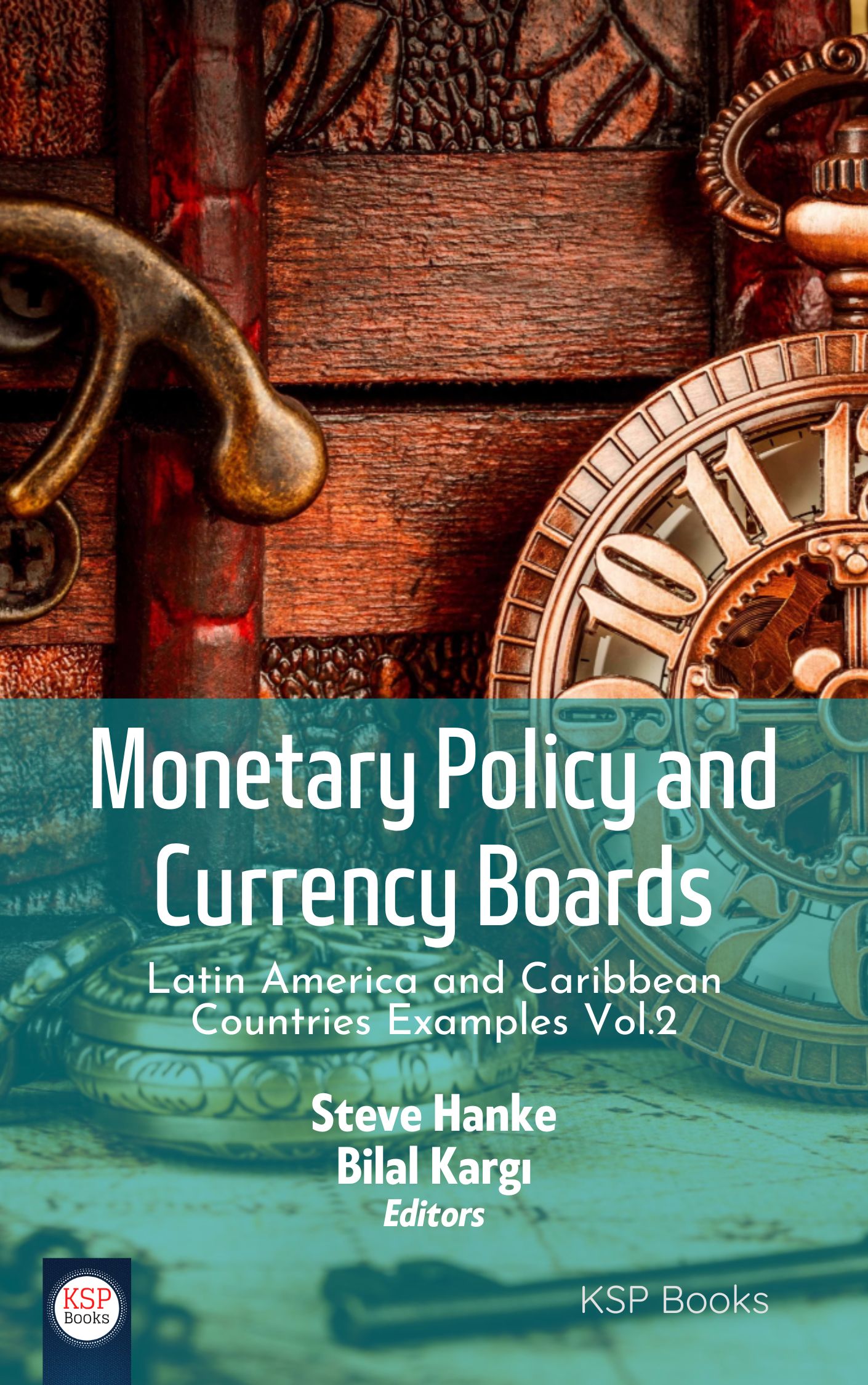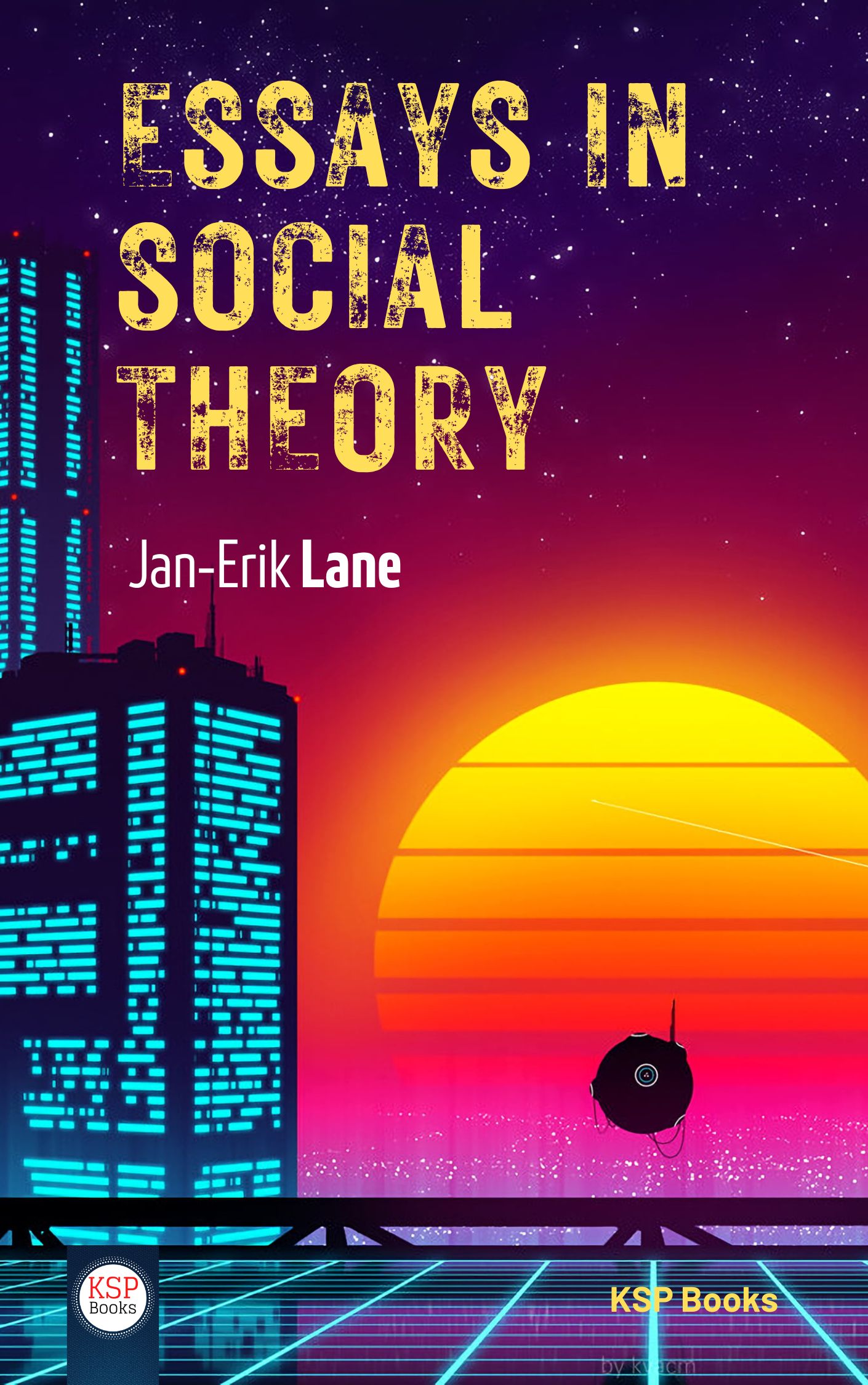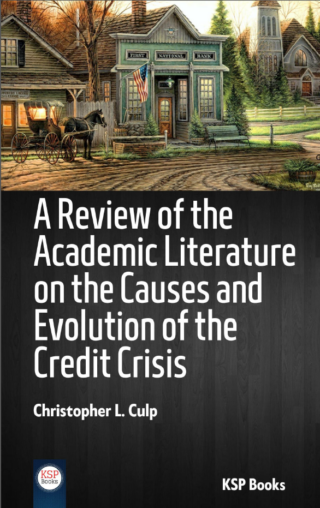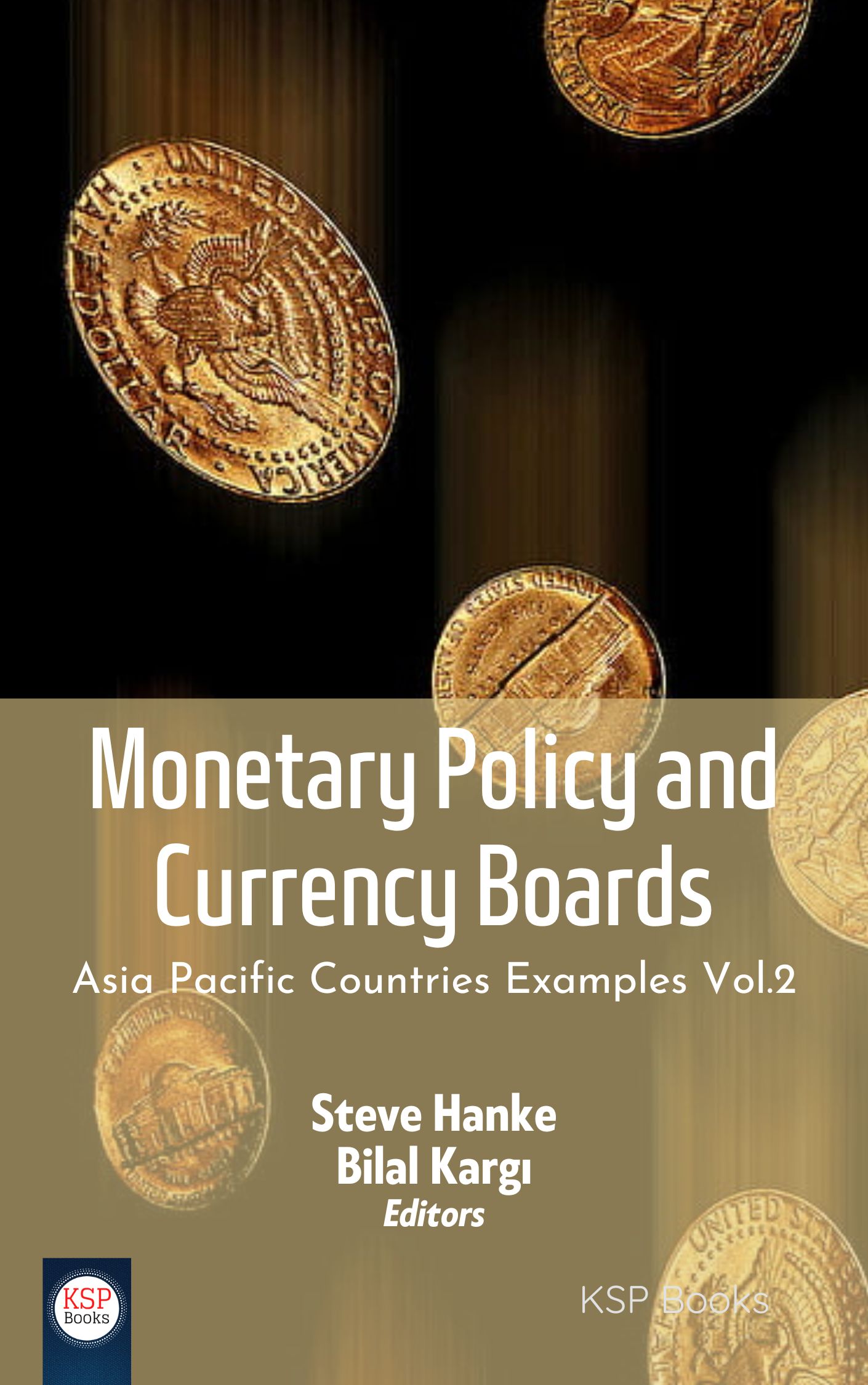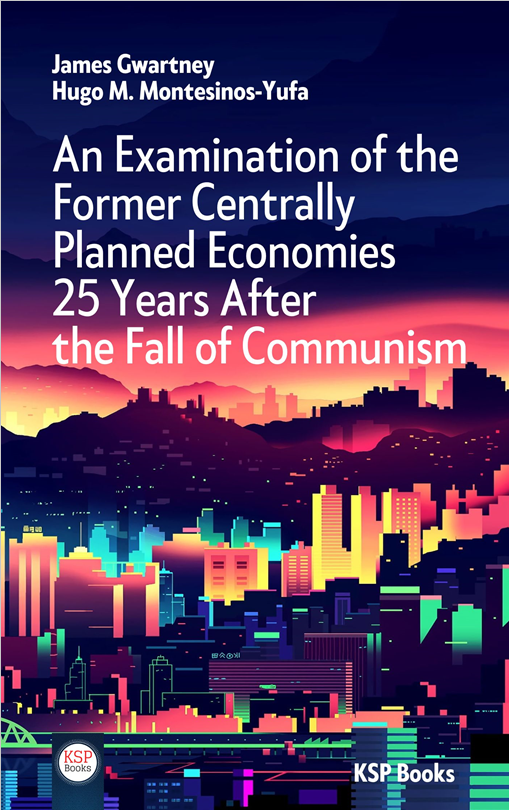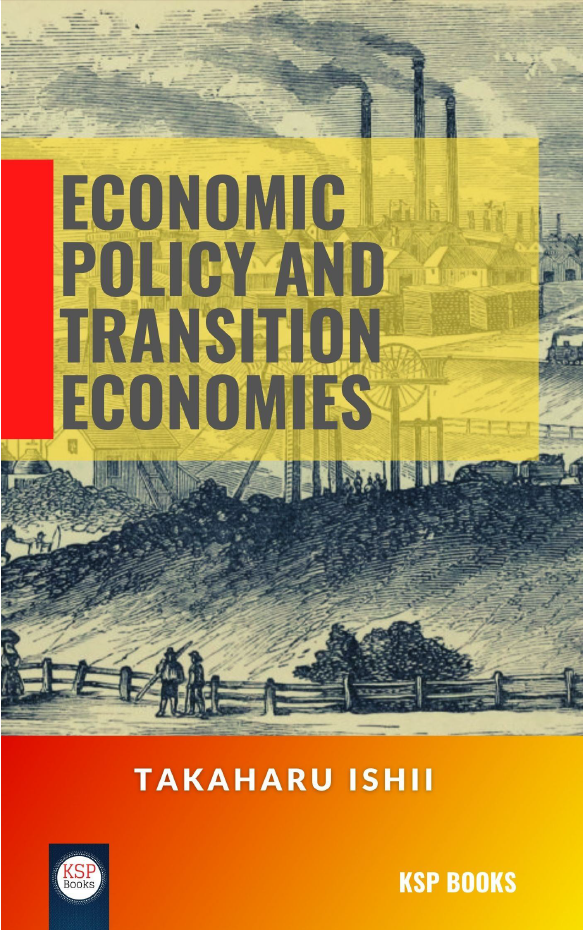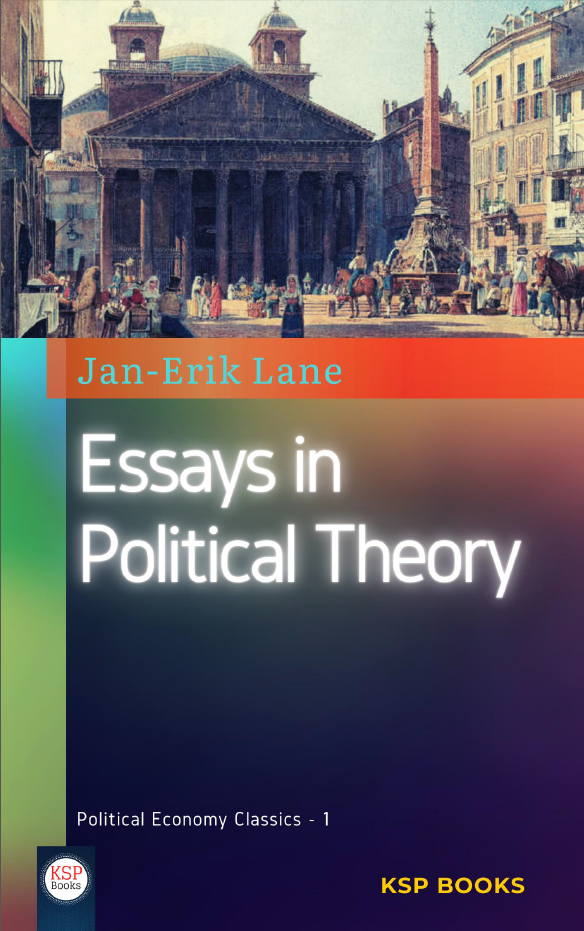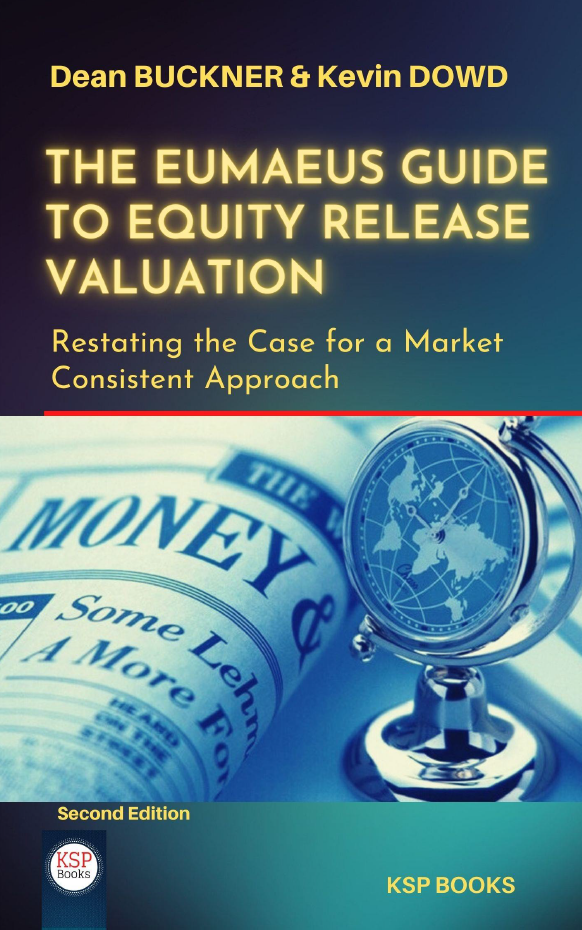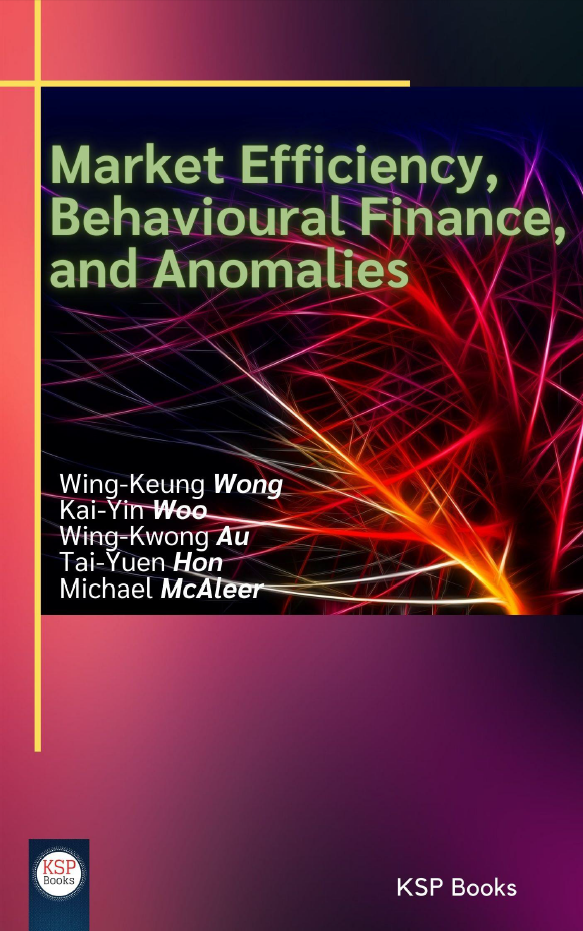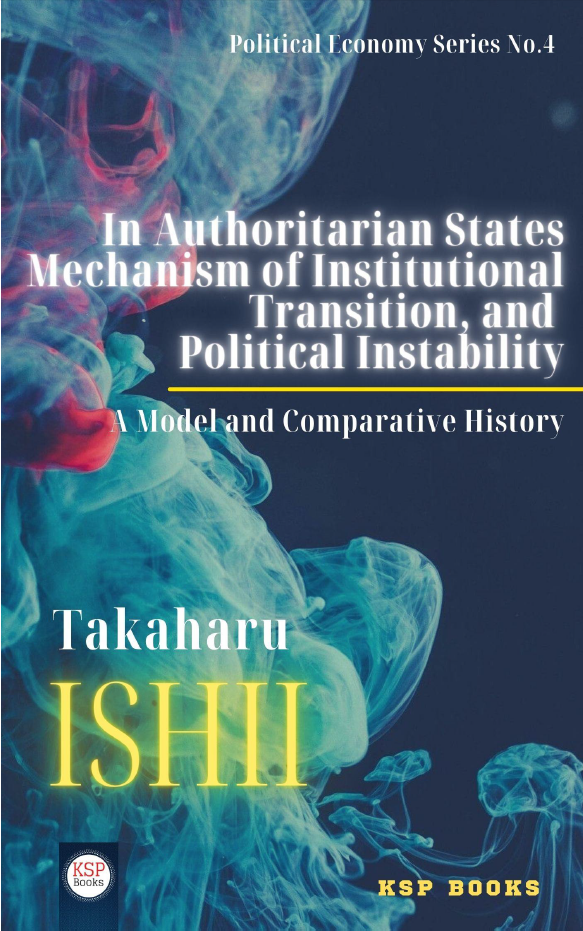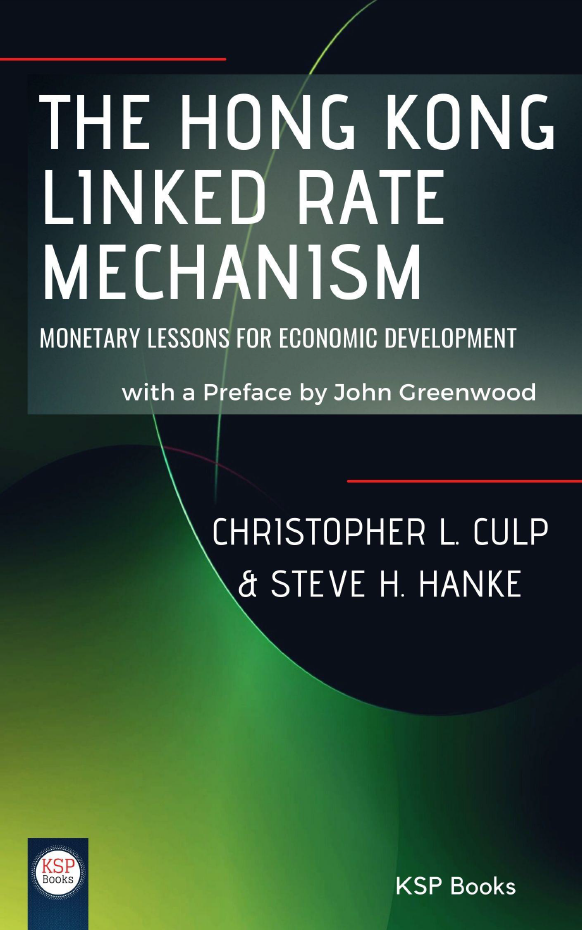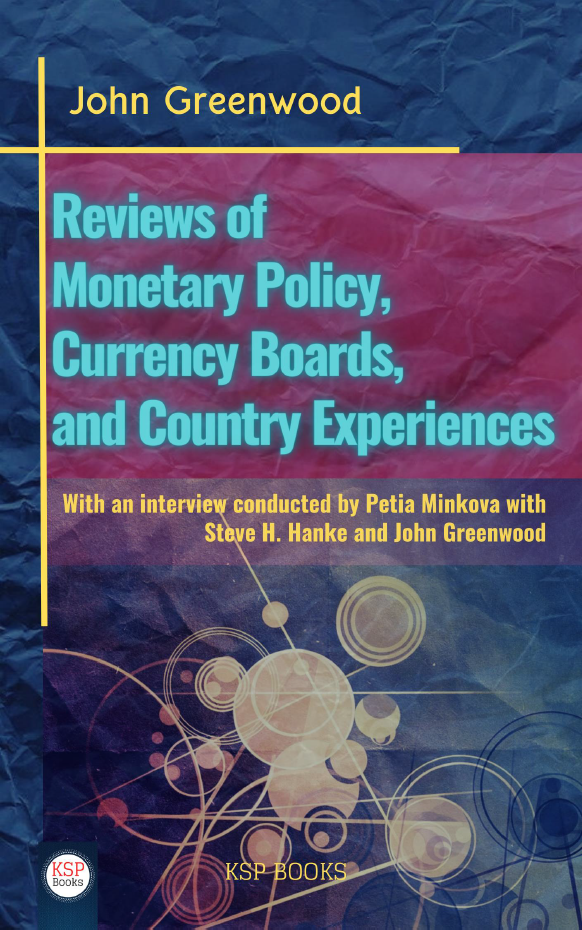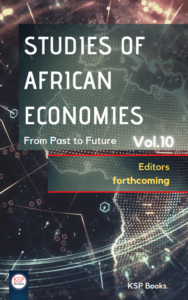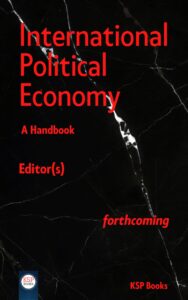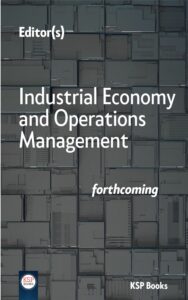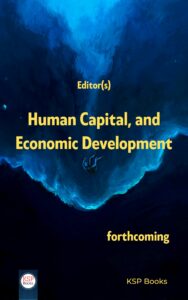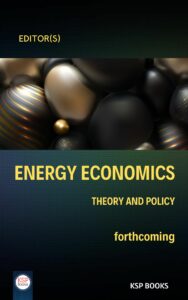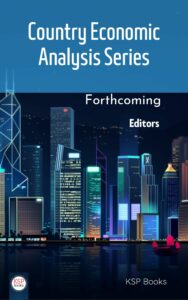By
Adamu Jibir
Gombe State University, Nigeria
Chandana Aluthge
University of Colombo, Sri Lanka
e-ISBN: 978-605-7602-84-8
Publishing Date: July 30, 2018
File Size: 1,690 MB
Length: xiii + 80 pages (PDF)
Language: English
Dimensions: 13,5 x 21,5 cm
 This Book is completely open access. You can freely read, download and share with everyone.
This Book is completely open access. You can freely read, download and share with everyone. 
The book is designed to highlight Nigeria’s fiscal policy operation since the oil boom of 1970s putting into cognizance various policies and programs initiated and implemented during the period. Specifically, the trending behaviour of fiscal policy variables – including government expenditure, public debt and public revenue are analysed. Public financial management and fiscal policy reforms are also discussed. Challenges of fiscal policy in Nigeria are also explained in this book. The book shows that since the 1970s, the Nigeria’s fiscal policy can be said to have lacked definite and clear objective as majority of times the objectives are too broad reflecting majorly macroeconomic goals. Fiscal policy of Nigeria is also characterized by rising government expenditure without corresponding increase in public revenue which had deteriorated the fiscal stability of the country resulting to higher inflation and fiscal deficit accompanied by large accumulation of debt. The ability of the country to implement counter-cyclical fiscal policy to address the fiscal imbalances is mostly constrained by fluctuation in oil price, administrative inefficiencies and irregularities in the budgetary process. Sadly, despite reforms and initiatives undertaken, it is observed that they are weakened by persistent political influences and unnecessary delays in formulation and implementation of policies which in turn affect their performances. Government fiscal policy needs to be re-considered by moving from broad fiscal policy to a specific fiscal policy that will consider the needs and demand of people and derive the fiscal policies from such considerations. This can be done by strengthening the existing bodies and institutions saddled with the responsibility of making fiscal policy so as to make them efficient and effective and accommodative to people’s needs through pro-poor policies and programmes.
Abbreviations/Acronyms
1. Introduction
2. Historical development of fiscal policy
Introduction
Fiscal Policy Reforms in Nigeria
Public budget and budgetary process in Nigeria
Budgetary Process
Budget Delay
IMF – World Bank Dialog in Making Fiscal Policy
3. Public expenditure policies and programmes in Nigeria
Introduction
Public Expenditure Profiles
Capital and Recurrent Expenditure Profile
Recurrent Expenditure Components
Capital Expenditure Components
Demographic Structure and Government Expenditure Size
Political Structure and Government Expenditure Size
Political Corruption and Size of Government Expenditure
Public Revenue Profile
Public Debt Profiles
Fiscal Policy and Inflation
Overall Fiscal Policy Operations
Fiscal Deficit in Nigeria
Fiscal Policy and Public Debt
Challenges in Nigeria’s Fiscal Operations
References
Adamu Jibir
Gombe State University, Nigeria
Adamu Jibir is a Lecturer in the Department of Economics, Gombe State University, Nigeria. He holds B.Sc. Degree (Economics) from Gombe State University, Nigeria, Master’s Degree in Economics from University of Bahkt-Al-Ruda, Sudan and obtained his PhD Degree in Economics from the prestigious University of Colombo, Sri Lanka. He has published in international peer-reviewed journals. He is a member of many local and international bodies like Nigerian Institute of Management, Association of African Young Economists, among many others. He has attended conferences and workshops in many countries including Sri Lanka, Sudan, Japan, China and India. His teaching and research interests include public economics, industrial organization, Islamic finance, research method and small and medium scale enterprises.
Chandana Aluthge
University of Colombo, Sri Lanka
Chandana Aluthge is a Senior Lecturer in Economics in the Department of Economics, University of Colombo, Sri Lanka. He holds PhD Degree in Economics from VU Amsterdam and MPhil from Maastrich University. He also obtained his M.A and B.A Degrees in Economics from the prestigious University of Colombo, Sri Lanka. He has published in international peer-reviewed journals. He is presently the coordinator – MPhil/PhD Programme in Economics at the University of Colombo. He has more than 20 years teaching and research experience and has participated in many academic events in Sri Lanka and foreign countries. He is a member of Sri Lankan Economics Association. His teaching and research interests encompasses monetary and fiscal policy operations, financial econometrics, research method and regulation of financial institutions.
Related EconPedia Items


